Category: Projects
-

UCSC Science & Justice Research Center
The UC Santa Cruz Genomics Institute collaborates with social scientists and ethicists to address the bioethical and privacy issues that advances in genomics create for patients, families, physicians, counselors, business, and government. Read more here.
-
UCSC Paleogenomics Lab
The Paleogenomics Lab is a joint venture between Beth Shapiro and Richard (Ed) Green. Their research focuses on the evolutionary and ecological questions relating to the study of genomics. Learn more about the UCSC Paleogenomics Lab here.
-
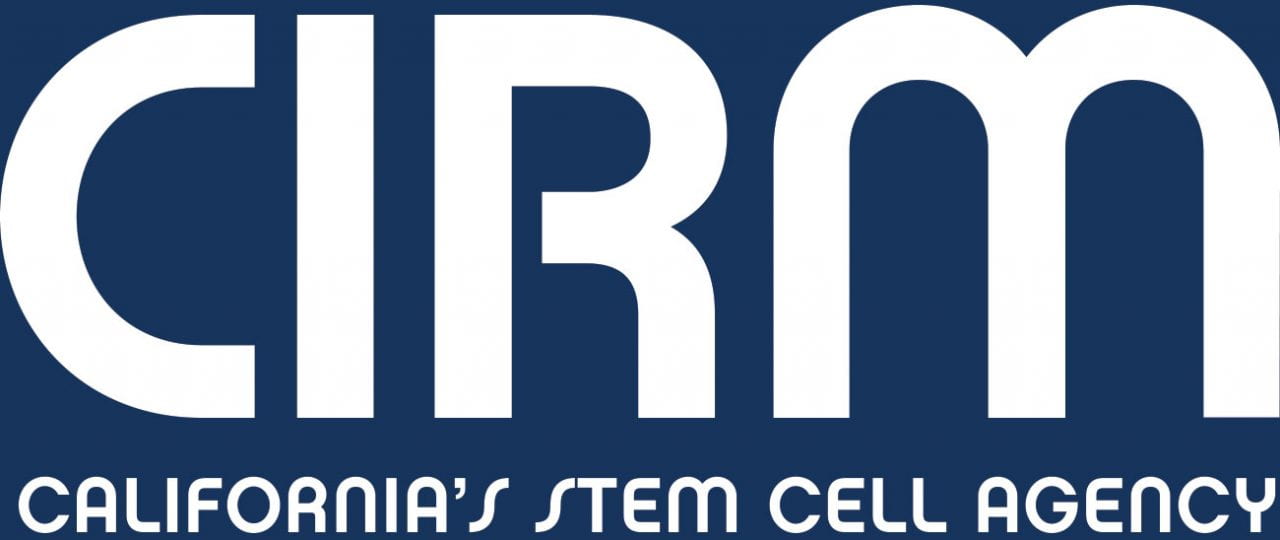
California Institute for Regenerative Medicine
(CIRM) Center of Excellence in Stem Cell Genomics (CESCG) UC Santa Cruz runs the Data Coordination and Management program for the California Institute for Regenerative Medicine (CIRM) Center of Excellence in Stem Cell Genomics. The center applies genomics to stem cell research to gain a deeper understanding of the disease processes in cancer, diabetes,…
-
Treehouse Childhood Cancer Initiative
The Treehouse Childhood Cancer Initiative was established to analyze genomic data of children with cancer in the context of large data sets of both pediatric and adult cancers. This allows researchers to identify situations where an available drug is predicted to work for a given patient’s tumor. Treehouse promotes the sharing of pediatric cancer genomic…
-

Dockstore
Dockstore, developed by the Cancer Genome Collaboratory, is an open platform for sharing Docker-based tools described with the Common Workflow Language used by the GA4GH.
-
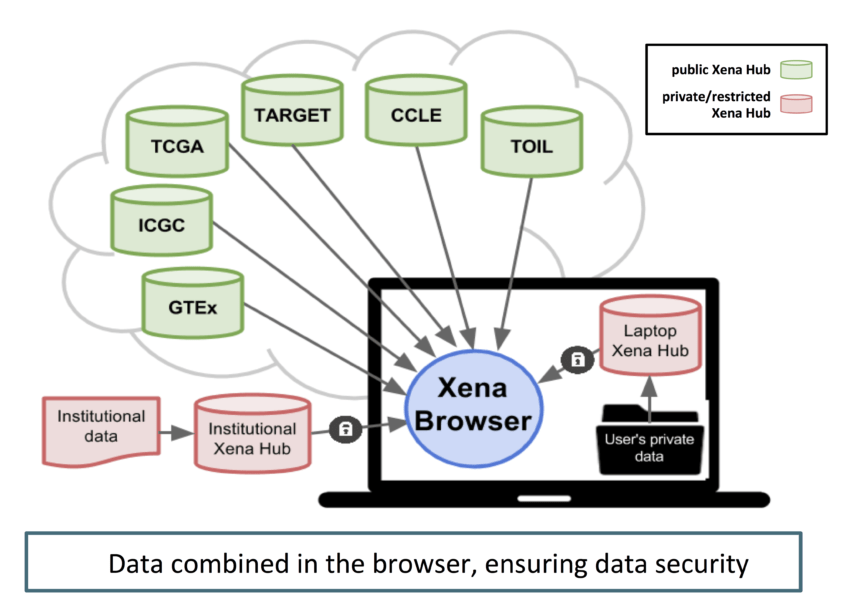
Xena
UCSC Xena is a bioinformatics tool to visualize functional genomics data from multiple sources simultaneously, including both public and private data. The Xena system consists of a set of federated data hubs and the Xena browser, which integrates across hubs, providing one location to analyze and visualize all data. The lightweight Xena data hubs are…
-
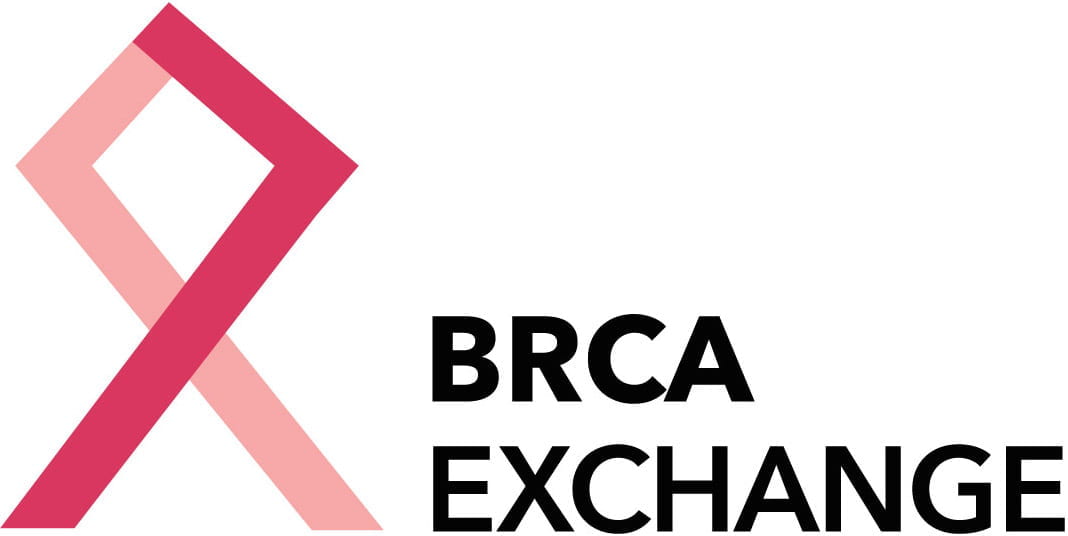
BRCA Exchange
We are developing the BRCA Exchange, a comprehensive, global data repository to catalogue variation within the BRCA genes and to collect individual-level evidence for their classification. The scientific and medical communities have a tremendous and urgent need for a comprehensive data store of variants in the BRCA1 and 2 genes. Variation in these genes can…
-

Vertebrate Genome Project/ Genome 10K
The vertebrate evolutionary treeThe Vertebrate Genome Project/ Genome 10K aims to assemble a genomic zoo—a collection of DNA sequences representing the genomes of 10,000 vertebrate species, approximately one for every vertebrate genus. The trajectory of cost reduction in DNA sequencing suggests that this project will be feasible within a few years. Capturing the genetic diversity…
-
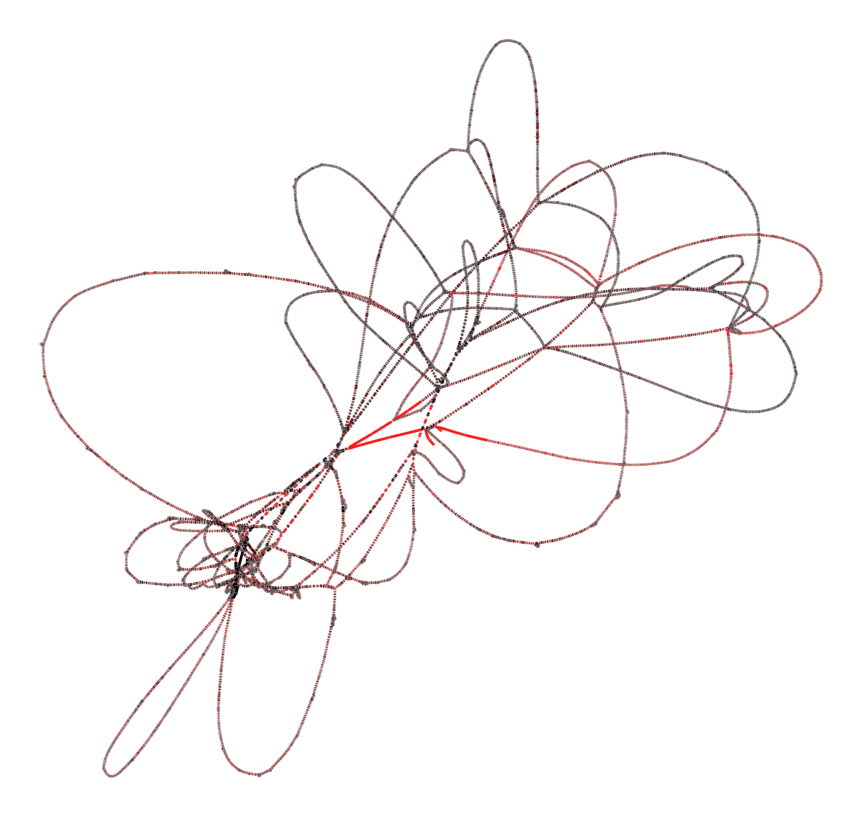
Human Genome Variation Map
A genome graph for the Leukocyte Receptor Complex built from 30 underlying human haplotypes Since UC Santa Cruz researchers posted the first draft of the human genome on the Internet in 2000, the current model of human genetics in the genome era has not changed: genomics relies on a single, haploid set of 24 reference…
-
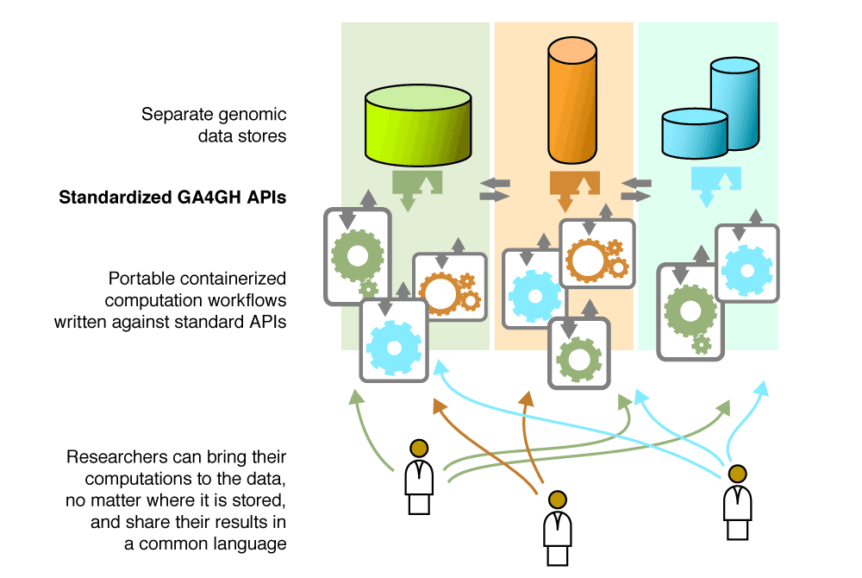
Global Alliance for Genomics & Health Integration Group
The Global Alliance for Genomics and Health (GA4GH) is an international effort to promote, foster and standardise secure, ethical, privacy preserving sharing of genomic information for the betterment of global health outcomes. It has many, many organizations involved, all recognising the importance of its mission, however it is largely a volunteer effort. To help ensure…
-
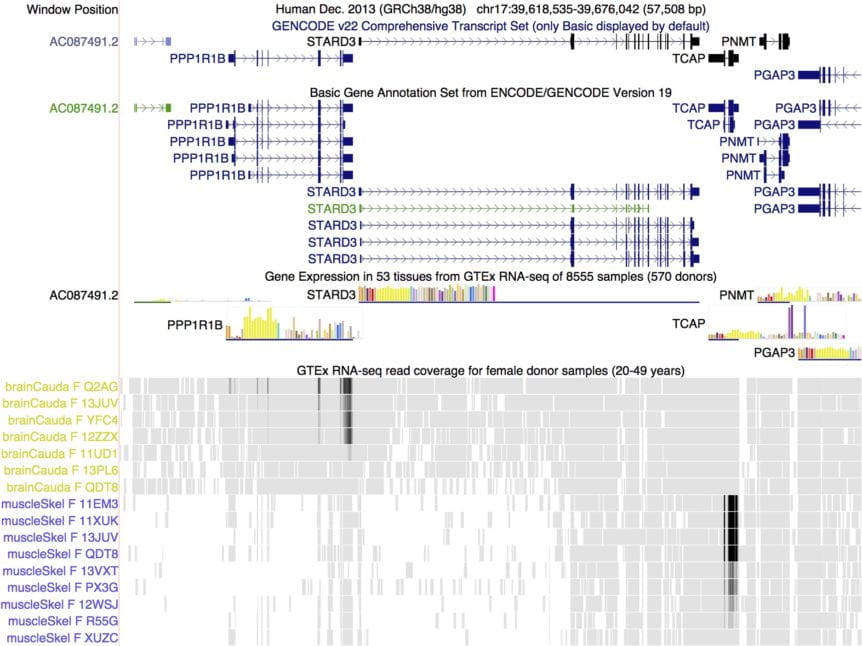
GENCODE
View of a 56 Kbp region of human chromosome 17 where GENCODE annotates one non-coding and 5 protein coding genes. Two genes in the region display tissue-specific gene expression as evidenced by GTEx RNA-seq. The TCAP (titin cap protein) is highly expressed in muscle tissue, while PP1R1B (a therapeutic target for neurologic disorders) shows expression…
-

High Throughput Genomics Group
Genomics is in transition. The growth in data—driven by the need for vast sample sizes to gain statistical significance and the explosion of clinical sequencing—is far outpacing Moore’s law. Large projects like The Cancer Genome Atlas have generated petabyte scale datasets that very few groups have the capacity to analyze independently. Looking forward, improvements in…